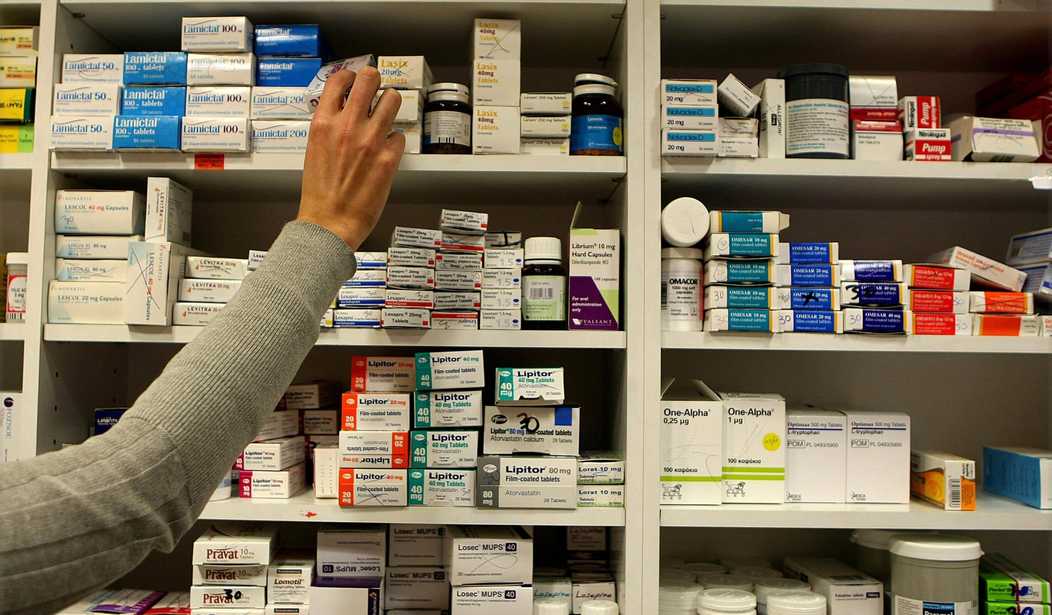The United Nations warned today that deaths attributed to resistance to antibiotics and antimicrobials — used to treat parasitic, bacterial, viral and fungal infections — could surpass annual fatalities from cancer in a “global health emergency.”
To kick off World Antibiotic Awareness Week, the World Health Organization said that the time in which current antibiotics will still be useful is “running out,” as “persistent overuse and misuse of antibiotics in human and animal health have encouraged the emergence and spread of antibiotic resistance, which occurs when microbes, such as bacteria, become resistant to the drugs used to treat them.”
UN agencies predict that resistance to antibiotics could kill 5 million people annually in just Asia by 2050.
The Centers for Disease Control and Prevention last month reported that an outbreak of salmonella in raw chicken products was a strain resistant to multiple antibiotics.
The UN Food and Agriculture Organization estimates 700 000 people die each year from antimicrobial-resistant infections, and it’s unknown how many animals in the food chain are given drugs but don’t respond to treatment.
“The intensification of agricultural production has led to a rising use of antimicrobials – a use that is expected to more than double by 2030. Antimicrobials are important for the treatment of animal and plant diseases but must be used responsibly and only when needed,” says FAO. “…Antimicrobial resistant organisms can be more difficult and costly to treat. If antibiotics are not used appropriately, antimicrobial residues in food can also pose health hazards to consumers.”
The WHO says that “persistent overuse and misuse of antibiotics have encouraged the emergence and spread of antibiotic resistance” and “antibiotic resistance is rising to dangerously high levels in all parts of the world, and is threatening our ability to combat common infectious diseases and support modern medical procedures.”
The organization’s campaign for World Antibiotic Awareness Week “aims to increase global awareness of antibiotic resistance and to encourage best practices among the general public, health workers, prescribers and policy makers to avoid the further emergence and spread of antibiotic resistance.”









Join the conversation as a VIP Member